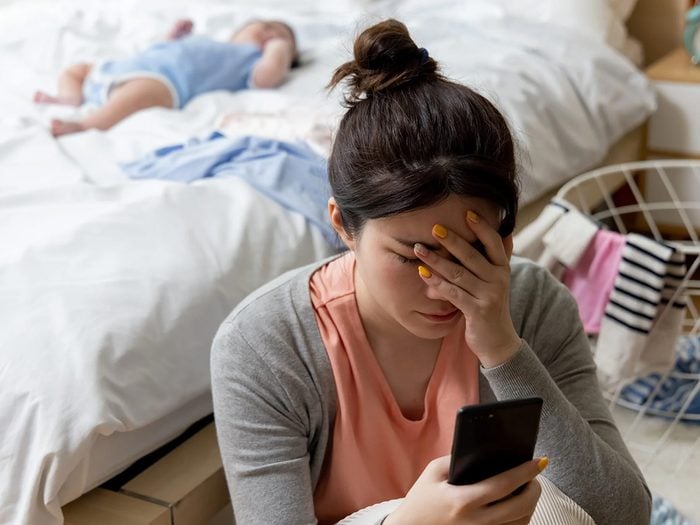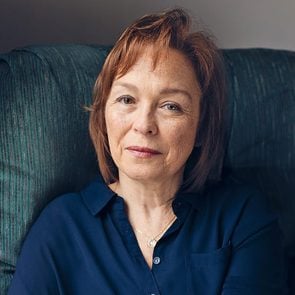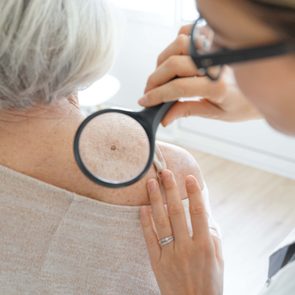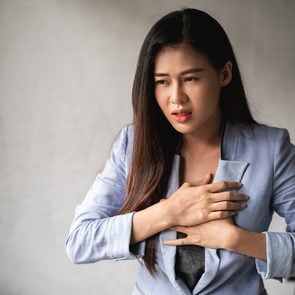Is That a Doctor in Your Pocket?

This 18-year-old developed an AI-powered diagnostic app that is like a Shazam for symptoms of a rare heart condition.
When Stanford University student Ellen Xu, now 18, was a five-year-old in San Diego, California, she vividly recalls her parents rushing her little sister to the hospital. Three-year-old Kate had fallen acutely ill; she had a fever, reddened eyes, a rash and some swelling in her hands and tongue.
At first, the puzzled doctors thought she had influenza, but when her condition didn’t improve, the Xus returned to the emergency room, where a doctor by chance had prior experience with an acute inflammatory reaction in the blood vessels known as Kawasaki disease. Though rare, it’s the leading cause of acquired heart disease in babies and young children. Its cause and triggers remain somewhat mysterious.
The doctor knew how to treat it: He ordered a dose of intravenous immunoglobulin, and eventually Kate shook off the illness without suffering damage to her heart.
Xu remembers being curious about her sister’s dramatic condition and was amazed that the grown-ups couldn’t answer her questions about why it was so hard to detect. “In my mind, it was this mystery,” she says. “It was a puzzle I wanted to solve.”
A decade later, wanting to enter a high school science fair, she had an idea: “What if we had a doctor in our pocket?” So she created just that: Using AI, Xu designed an algorithm that uses visual data to diagnose Kawasaki disease based on five physical symptoms.
The technology works the same way as apps that can identify birds and plants with photos you’ve taken on your cellphone. Worried parents can upload a photo that they have taken of their child, and the technology will scan the image for symptoms of Kawasaki disease, which often have a strong visual element, such as a rash or a swollen tongue.
Xu’s invention has been implemented as a web app on the Kawasaki Disease Foundation’s website.
“The technology could also be developed for recognizing auto-immune and rheumatological diseases,” she says. “It means a lot to me. I want to use AI to help people live happier and healthier lives.”
Xu says that her sister Kate, now in her third year of high school with dreams of becoming an environmental engineer, is thriving.
Read more about mental health apps for mindfulness and much more.






